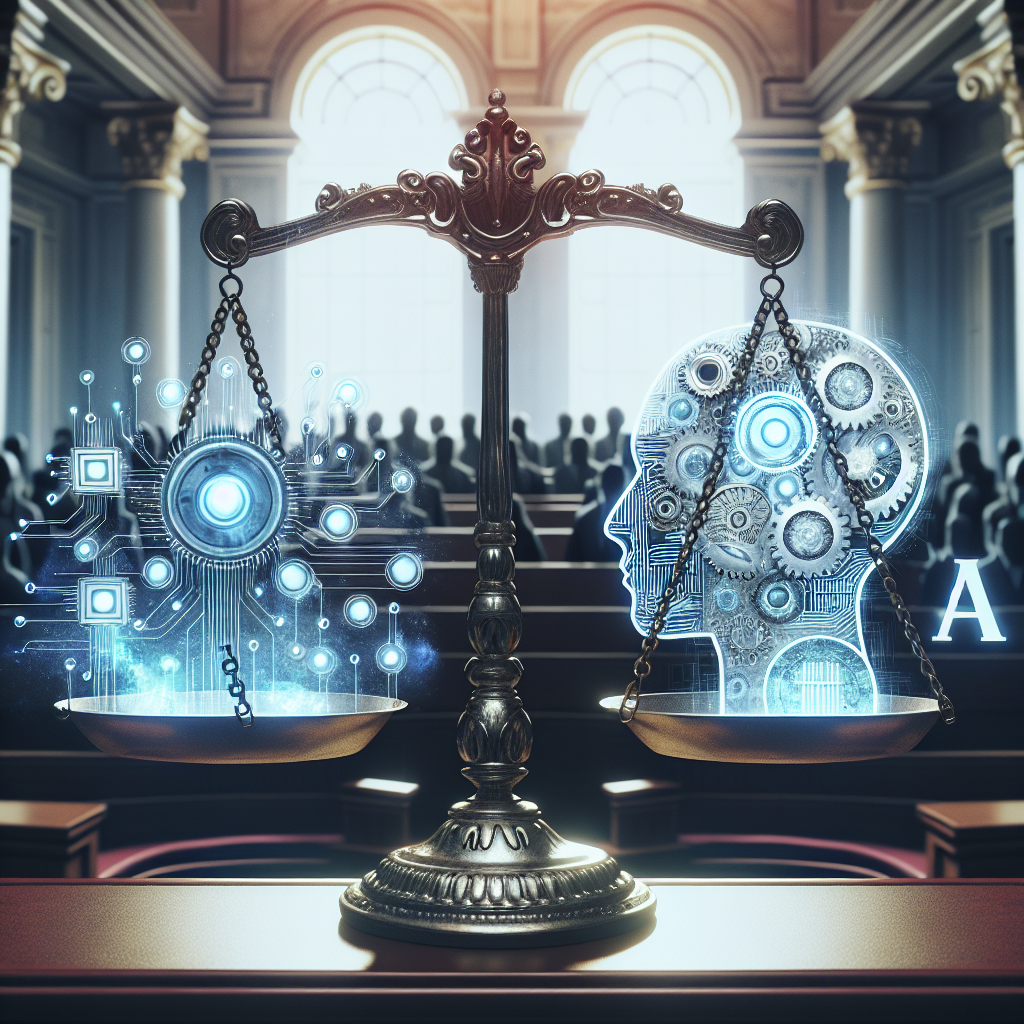Anthropic Wins Copyright Dispute Ruling
In a verdict that may shape how AI systems operate with public content, Anthropic has emerged victorious in a copyright legal battle centered on the use of online data to train its AI models. The ruling in Anthropic’s favor not only marks a pivotal moment for the startup’s future but also lays vital groundwork for an AI industry increasingly navigating the intricate web of licensing, data ownership, and intellectual property. This decision lends renewed credibility to Anthropic’s practices and may ripple through other ongoing legal battles involving generative AI and copyright law.
A Landmark Victory for Generative AI
The heart of the matter lay in whether Anthropic had infringed upon copyrighted material when developing its AI systems using open-access web data. The plaintiffs, represented by several copyright holders, argued that Anthropic’s Claude language model trained on data that included protected content—effectively bypassing licensing requirements and profiting off others’ creative efforts. However, the court ruled otherwise.
Anthropic’s defense rested on the grounds of fair use, asserting that the data absorbed by its AI was accessed in a transformative, non-commercial context meant to develop intelligent systems rather than replicate exact works. The ruling recognized this distinction and emphasized how existing copyright law doesn’t yet equate the use of public web content in AI training with copyright infringement.
Key Takeaways from the Ruling
- Affirmation of Fair Use: The court upheld that AI developers like Anthropic can lawfully use publicly available content for training models under current fair use doctrines.
- No Infringement Found: The plaintiffs could not prove that Anthropic copied or reproduced copyrighted works in any commercially exploitative way.
- Implications for AI Governance: The decision illustrates the legal leeway AI companies currently enjoy when sourcing data, though that window may change if new legislation emerges.
This win fuels Anthropic’s position in the competitive generative AI industry, where companies like OpenAI, Google, and Meta are also navigating similar contentious terrain. The court’s decision not only protects Anthropic’s training and deployment practices, but it also places the responsibility on legislators to consider AI-specific updates to copyright frameworks, which remain rooted in pre-AI technological assumptions.
The Bigger Picture: What This Means for Content Creators and the Future of AI
The ruling undoubtedly raises further ethical and commercial questions that will need to be addressed in the months and years ahead. For authors, journalists, and artists whose works become part of vast AI training datasets, finding a balance between open information and fair compensation remains an unresolved issue.
Meanwhile, AI developers are now more confident about operating within current legal boundaries, at least until any new guidelines or court appeals emerge. While this specific ruling favors Anthropic, it may soon be cited as precedent in other tech and copyright-related disputes involving generative systems.
As reported in full by BBC News, the controversy highlights the urgent need for policy innovation to match the rapid pace of generative AI development.
Final Thoughts
Anthropic’s copyright dispute victory sets the stage for a series of consequential debates across intellectual property law and machine learning ethics. For now, the decision reinforces that using publicly accessible content in AI development can stand up in court—but creators, policymakers, and developers should prepare for continued scrutiny. The future of content in the AI era will be shaped not only by technology but also by the legal frameworks we develop today.

